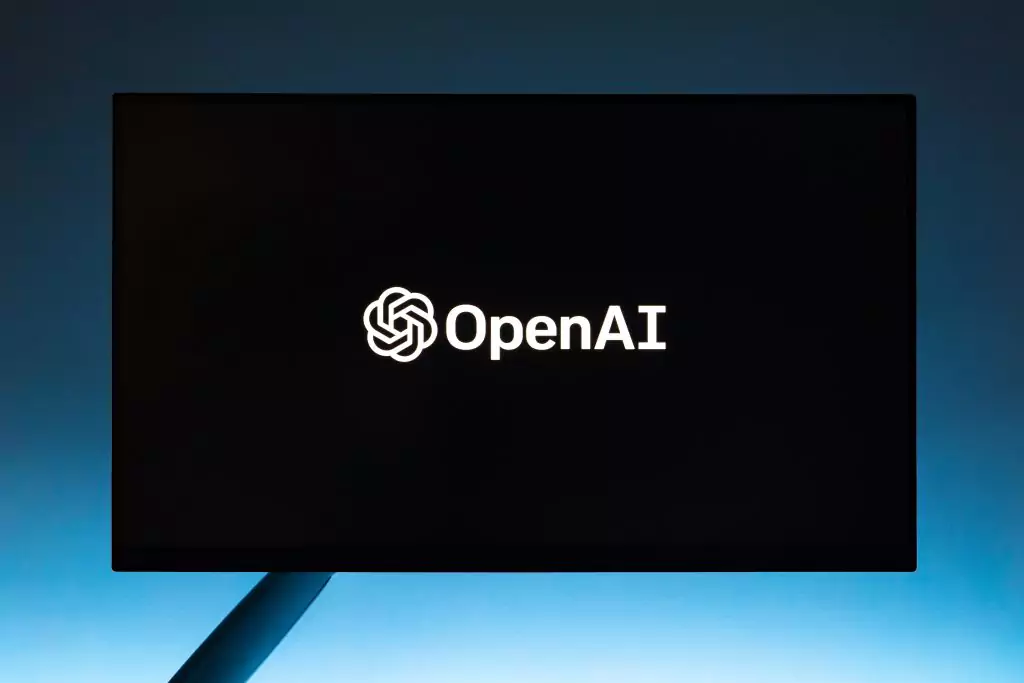
In a world dominated by artificial intelligence (AI), there is finally evidence that human-written copy surpasses AI-generated content in terms of engagement and appeal. A recent scientific study sheds light on the power of mildly surprising text, showing that it outperforms both overly creative and mundane copy. The study demonstrates that mildly surprising slogans and copy can lead to a remarkable 100% increase in click-through rates, effectively boosting customer engagement with advertisements. This finding challenges the prevailing belief that AI-generated content is the epitome of creativity and allure.

✅ AI Essay Writer ✅ AI Detector ✅ Plagchecker ✅ Paraphraser
✅ Summarizer ✅ Citation Generator
Key Takeaways:
- Mildly surprising copy trumps excessively creative or dull text: The study confirms that copy that falls within the “mildly surprising” spectrum captures people’s attention and curiosity. Overly creative or mundane copy tends to confuse or disinterest readers, hindering their engagement.
- Syntactic Surprise Calculator reveals effective copy: The use of a Syntactic Surprise Calculator helps determine the optimal level of surprise in copy. The goal is to strike a balance and achieve “mildly surprising” territory, where readers find the text intriguing and understandable.
- Emotional engagement favors human-generated content: While AI excels in processing and organizing vast amounts of information quickly, it lacks the emotional depth and nuanced creativity that humans possess. AI-generated copy often lacks the personal touch and mild surprise that resonates with human readers, making it less effective in engaging their emotions.
Unlocking the Power of Mildly Surprising Copy
The Syntactic Surprise Calculator serves as a valuable tool for evaluating and improving copy. By analyzing the syntax and surprise level of various slogans and statements, businesses can determine the effectiveness of their messaging. For example, a seafood restaurant owner seeking to position their establishment as “the seafood experts” can optimize their slogan by adding an intriguing element: “Isn’t that what you would expect from the seafood experts?” This mildly surprising statement piques curiosity and encourages potential customers to explore further.
Similarly, in the case of a bicycle shop, a simple change in sentence structure can make a significant impact. Instead of stating, “We sell bicycles here,” a more engaging option could be, “Do you buy bicycles here?” This subtle alteration adds just enough intrigue and surprise to enter the realm of mild surprise, enticing customers to take action.
The Future of AI in Copywriting
While AI continues to advance and evolve, its current limitations lie in its inability to replicate human emotions and experiences. The lack of personal insights and creativity hinders AI’s ability to produce emotionally engaging and mildly surprising copy. Nevertheless, with ongoing research and improvements, AI may one day overcome these limitations and deliver copy that resonates with human readers on a deeper level.
In this era where the Syntactic Surprise Calculator can predict what increases emotional engagement, we find ourselves at a crossroads. AI provides us with valuable insights into human preferences, backed by extensive research involving a multitude of human subjects. As we navigate this brave new world, the challenge lies in finding the delicate balance between human creativity and AI’s analytical capabilities. Only then can we truly harness the power of mildly surprising copy and captivate audiences in meaningful ways.
Read more:
A Guide to Using ChatGPT for Research and Essays
Copywriter Loses Job to AI, Applies to Train the Bot to Do Her Work
Most Common Writing Mistakes to Avoid!
Follow us on Reddit for more insights and updates.




Comments (0)
Welcome to A*Help comments!
We’re all about debate and discussion at A*Help.
We value the diverse opinions of users, so you may find points of view that you don’t agree with. And that’s cool. However, there are certain things we’re not OK with: attempts to manipulate our data in any way, for example, or the posting of discriminative, offensive, hateful, or disparaging material.